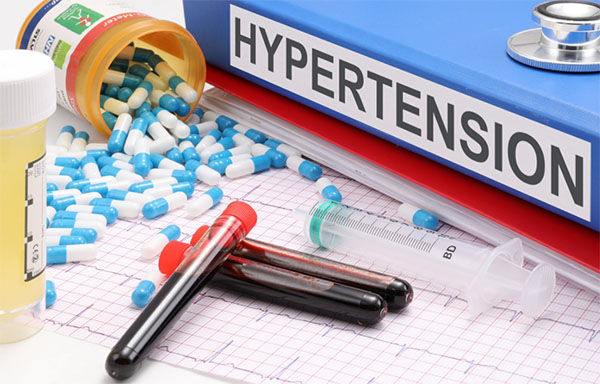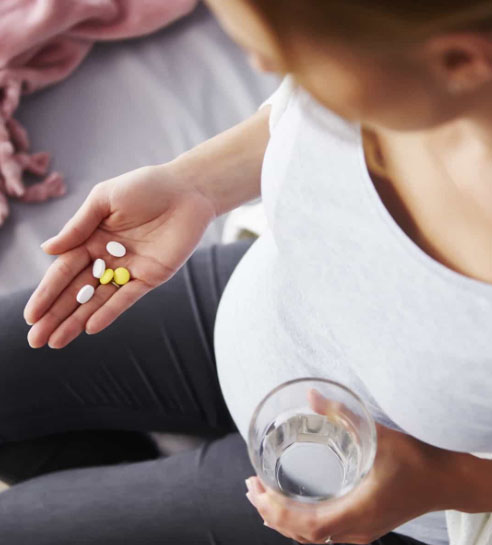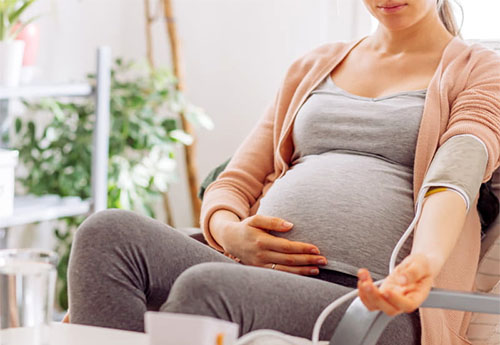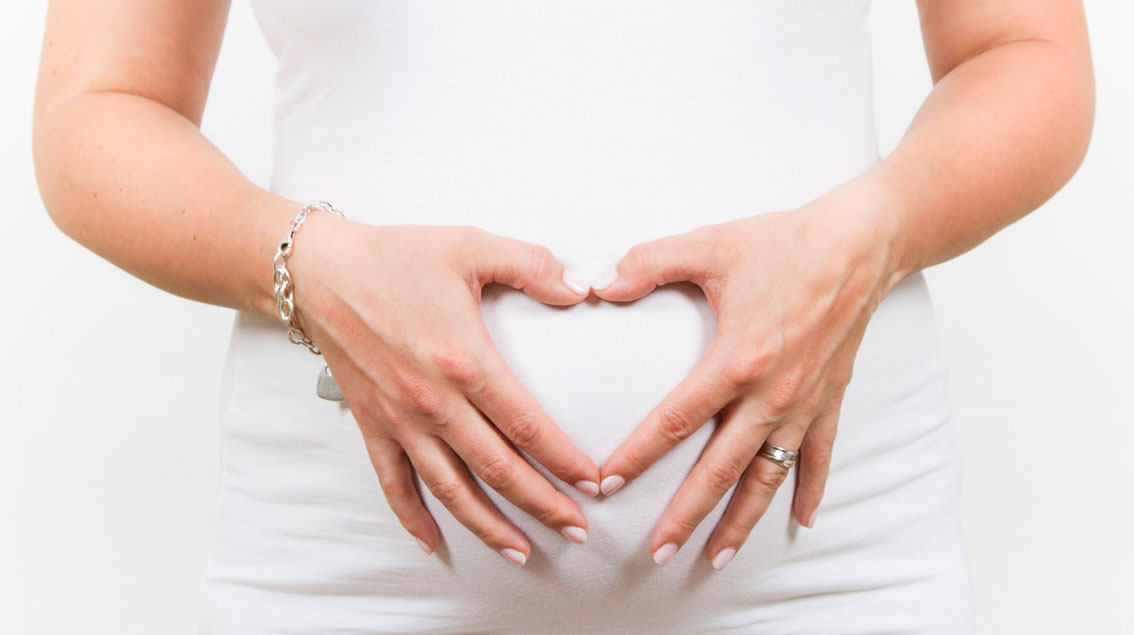If a pregnant woman has seriously high blood pressure, it will be treated quickly by doctors. This reduces the risk of cardiovascular problems and strokes. Though when the condition is milder, the treatment is less certain. Most women with hypertension during pregnancy fall into this category, and it does increase possible complications. Potential complications include: preeclampsia, preterm birth, slow fetal growth, and miscarriage. For these reasons, the condition needs to be managed and treated. Though treating this problem isn’t necessarily straightforward, many medications are available to doctors. Anti-hypertension treatments can help the patient in the long term, but are they actually safe for the baby?
Which Treatment Is Best?
To answer this difficult question, a trial was launched in 2014 involving more than 2,000 pregnant ladies. The study hopes to provide a better understanding of how well hypertension treatments work and make clearer the possible downsides to using them.
 The study is still looking for participants and is also trying to evaluate how to reduce the dangers of preeclampsia and other symptoms. It is hoped that the result of this study improves obstetric care, giving doctors clearer options when dealing with chronic hypertension during pregnancy.
The study is still looking for participants and is also trying to evaluate how to reduce the dangers of preeclampsia and other symptoms. It is hoped that the result of this study improves obstetric care, giving doctors clearer options when dealing with chronic hypertension during pregnancy.
As it currently stands, doctors have a difficult choice. It is known that chronic hypertension negatively affects the baby’s growth in the womb, but the treatment for this condition can also harm the baby’s development. It leaves doctors in a difficult position, and hopefully, this study will make their choice easier.
 While as many as 6% of pregnant women suffer from hypertension, the official recommendation is to not give antihypertensive meds if the condition is only mild. However, the effectiveness of this is unclear.
While as many as 6% of pregnant women suffer from hypertension, the official recommendation is to not give antihypertensive meds if the condition is only mild. However, the effectiveness of this is unclear.
In one part of the trial, researchers gave a group of women meds to bring down their blood pressure to the recommended amount for nonpregnant women of reproductive age. A similar group of women was given medication in accordance with official guidelines to try to ascertain whether treatment is really providing the benefits expected.
The study is also looking at whether hypertensive disorders during pregnancy lead to an increased risk of cardiovascular problems later on. Research has shown that women who have suffered from hypertension during pregnancy are more likely to develop cardiovascular risk factors sooner after their pregnancy than women who did not suffer hypertension.
Precautions Following Hypertension During Pregnancy
It is currently unknown whether hypertension during pregnancy increases the risk of cardiovascular disease, or if the women already had an increased propensity for cardiovascular problems. If it is discovered that hypertension during pregnancy is due to pre-existing issues, these can be dealt with to remove the risk later in life.
This research has shown, however, that women who have suffered from hypertension in pregnancy need to be aware of the increased risks that follow. This means a greater chance of high cholesterol, diabetes, and hypertension that start shortly after pregnancy and continue for decades.
While heart health is important for everybody, women who have suffered from preeclampsia and other hypertensive conditions during pregnancy should be more interested in adopting a healthy heart lifestyle. Women who have suffered from these conditions should also tell their doctor of their increased risk.




